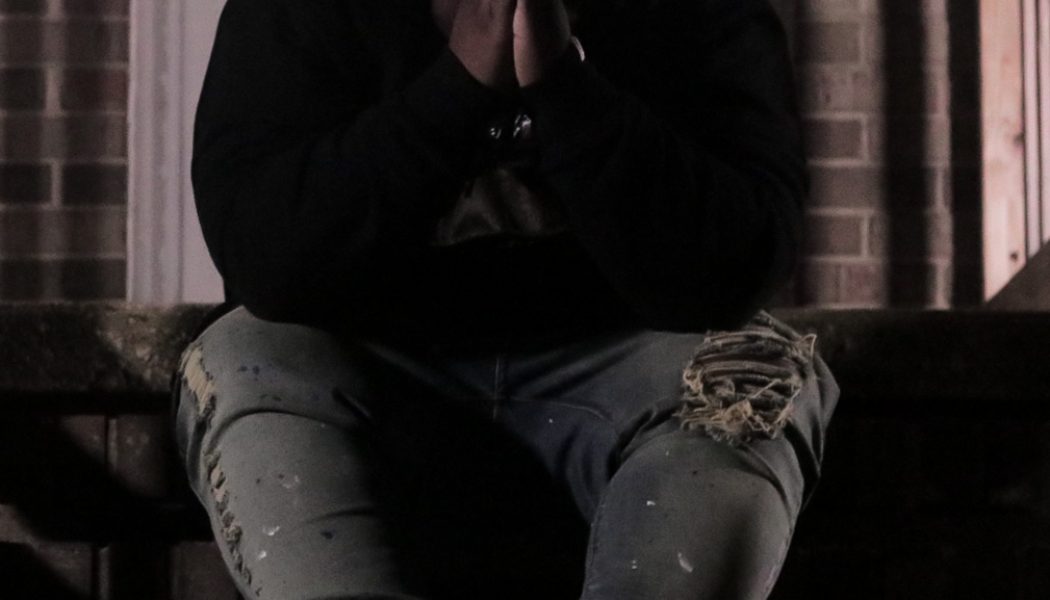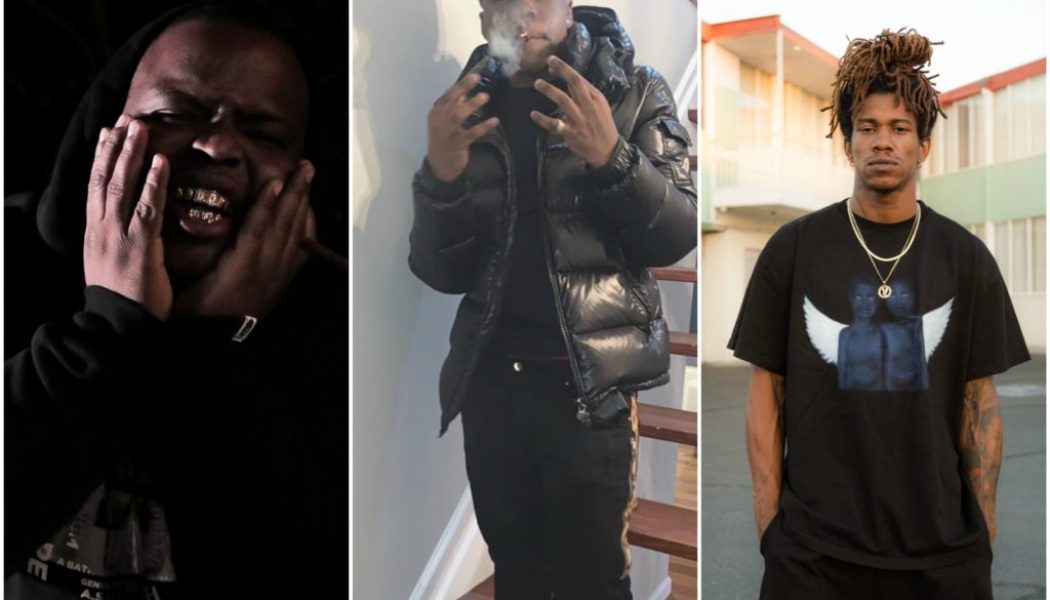Morray
Switched Up: Morray’s Life Changed With One Phone Call
Many struggling musicians dream of the phone call that radically alters their career. For most, it remains a fantasy. The phone never rings. Or seemingly promising conversations with industry grifters don’t pan out. For Morray, the 28-year-old North Carolina native behind some of the most soulful trap music in contemporary rap, the call came in the darkest hour of his career. Last July, Morray lost his job at a call center in his hometown of Fayetteville after taking time off to perform at small venues. He had three kids, his phone was cut off, and few people were listening to his music. After years of slowly saving and paying for studio time and music videos, Morray contemplated never recording again. Then Moe Shalizi saw the video for “Quicksand.” The founder of Shalizi Group — the enter...
Blue Chips: November 2020 in New Hip Hop
Blue Chips is a monthly rap column that doubles as a scouting report. Each month, SPIN selects a new starting five, a group of rappers who could be Rookie of the Year candidates turned Hall-of-Famers or forgettable flashes in the pan. Only the passing seasons (and the number of streams) will tell. To read previous columns, click here. Ketchy the Great – “Another One” [embedded content] If you need a microcosm for the racism of the U.S. justice system — or a case that illustrates the life-threatening discrimination rappers face with every lyric — see the nearly three-year judicial and carceral nightmare of Drakeo the Ruler and the Stinc Team. Drakeo was charged with benefiting from a murder he didn’t commit, and the Stinc Team was labeled a gang. While Drakeo fought his case and spent almos...





